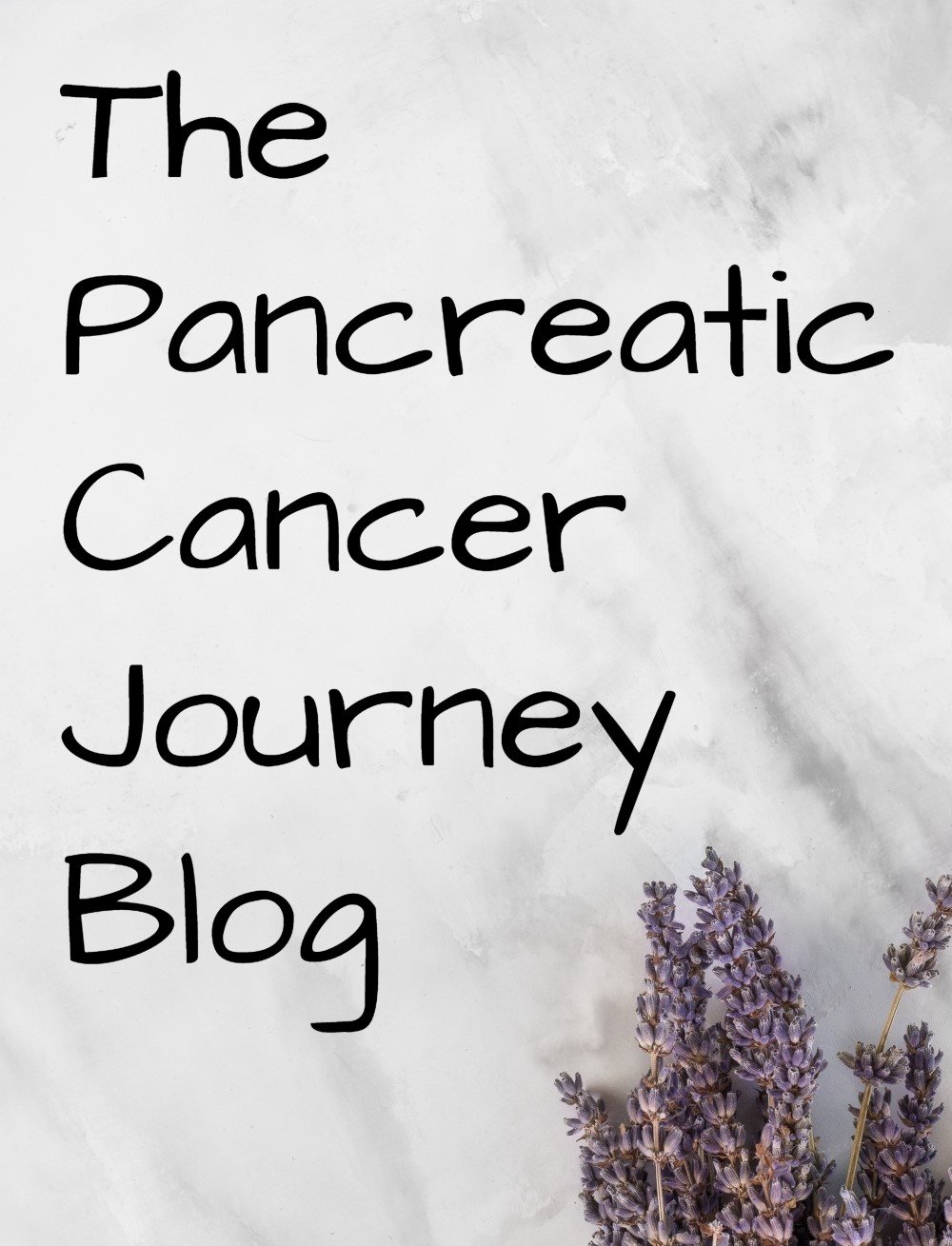Low Blood Platelets
Make for Good Movie Drama
Platelets are just one of 3 types of blood cells in your body. Low blood platelets are a common, but serious side effect of some cancer treatments. The big medical word for low platelets is Thrombocytopenia. Thankfully we don’t need to be able to pronounce that bad boy to understand the importance of platelets, normal or otherwise. To see how platelets fit into the whole scheme of things, read this article on low blood counts to get a good overview.
Platelets have one basic job, and it’s a big one. Platelets help our blood to clot. Without platelets, we would pretty much just bleed out.
Have you ever seen the movie Outbreak? It deals with a fictional case of an ebola-like virus, what they call a viral hemorrhagic fever. In it, anyone infected with the virus suffered death by catastrophic hemorrhaging from every organ in the body. In other words, they bled out. It wasn’t pretty, but made for great movie drama! Low blood platelets caused by cancer treatments can produce the same kind of hemorrhaging, but thankfully, not quite as severe or deadly.
Now that I’ve set the scene for scary nightmares, let’s look at the facts and restore some sanity here!
Platelets can be found flowing in our blood as well as lining the blood vessels. When they are within normal ranges, our bodies can handle basic trauma with ease. A scrape bleeds lightly and then scabs over. A bump in the shin is just a bump. A daily toothbrushing leaves us with clean teeth and gums. When platelets drop, that scrape and that bump and even daily oral hygiene can lead to serious complications.
A low blood platelet count can cause some of the following symptoms:
Increased bruising
Bleeding from nose, gums, and rectum
Petechiae (red dots under the skin caused by a thinning of the platelet lining in the blood vessels allowing tiny drops of blood to leak through)
Dizziness, Lightheadedness
Trouble seeing, Double vision
Sudden, severe, unexplained pain
A normal platelet count would be in the 130-400 point range. Anything below 130 is cause for increased care and concern. If it’s below 10, there is the serious possibility of internal bleeding and should be considered a medical emergency.
Mom’s lowest platelet count has been 98. While low, she did not experience excessive bleeding, bruising or problems. The doctors stressed the importance of calling immediately if she had any increased bleeding or sudden pain, but we feel fortunate that her platelets have rebounded well during the “off” week for her chemotherapy regimen.
Many cancer patients find that their doctors recommend either a platelet transfusion or prescribe the medication Neumega to help with low blood platelets.
There are several things you can do to prevent serious complications from low platelets. The obvious is to alert your medical team to any of the above symptoms, especially increased bruising or sudden, unexplained pain.
In addition, you can:
Use a soft-bristle brush for brushing your teeth. And a gentle hand.
Floss gently or avoid flossing until platelet count comes up.
Avoid the use of aspirins, Advil, Motrin and Alleve when platelets are low as these medications can interfere with the platelets ability to clot.
And my favorite: Avoid any and all contact sports. Sorry mom, WWE is out!
Low Blood Platelets are just another fact of life for the pancreatic cancer patient on chemotherapy. Thank goodness it’s just a bump in the road and not a “road closed” ordeal. Low Platelets we can handle…
Return to Low Blood Counts from Low Blood Platelets
Return to Home Page for Pancreatic Cancer Journey
Copyright © PancreaticCancerJourney.com
Nothing on this website should be construed
to constitute medical advice.




